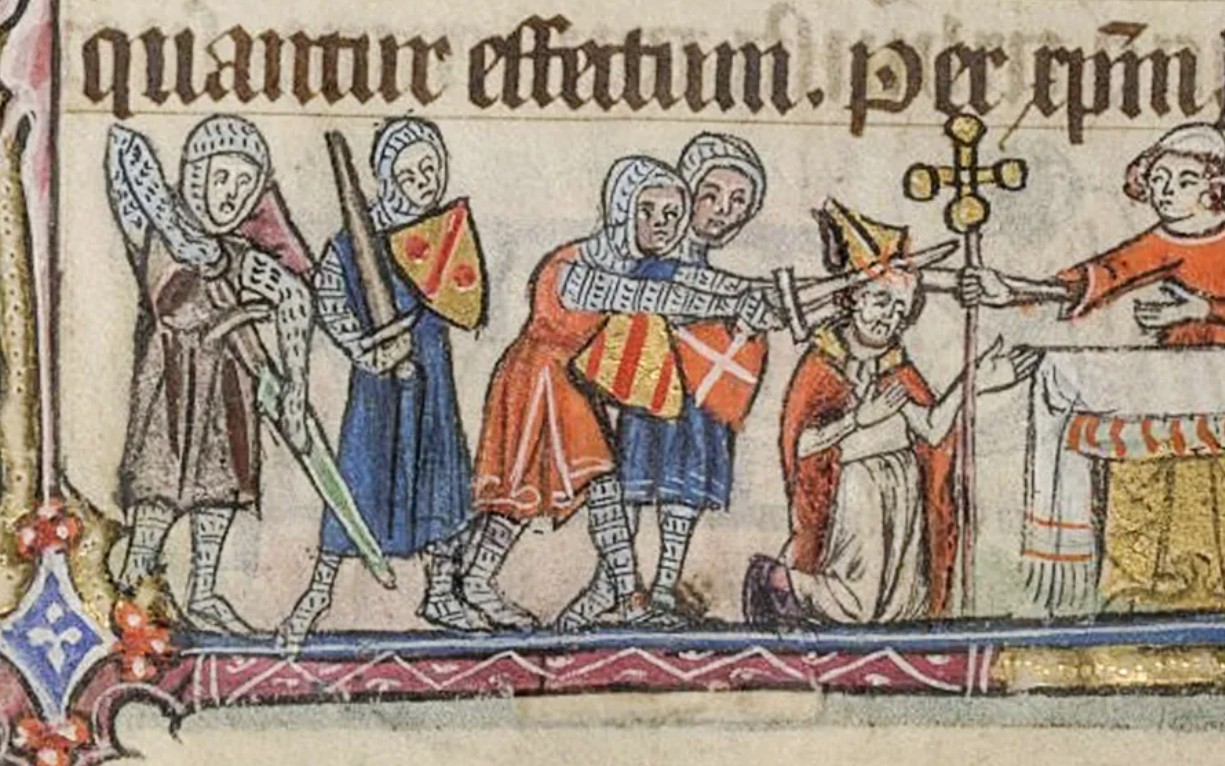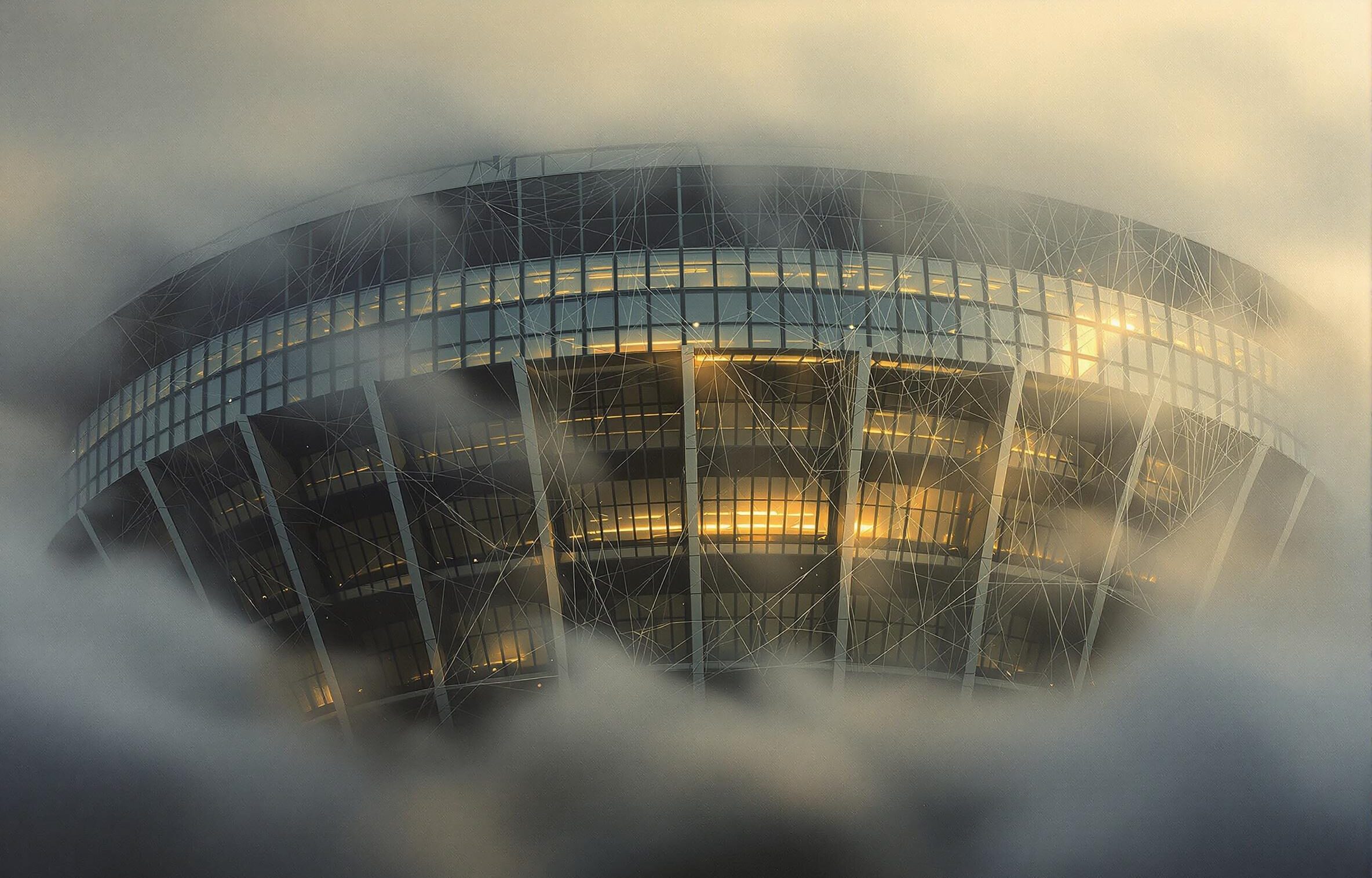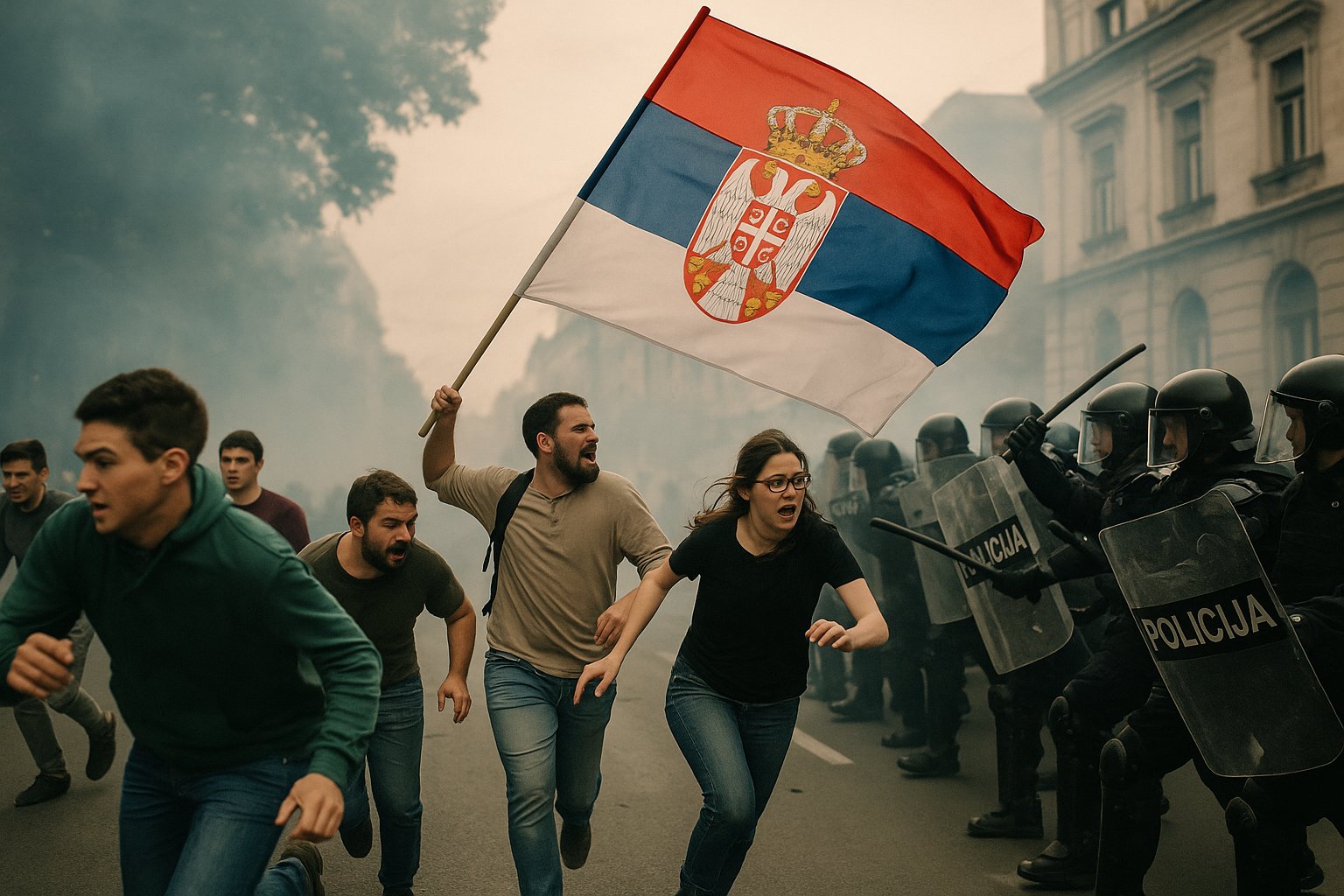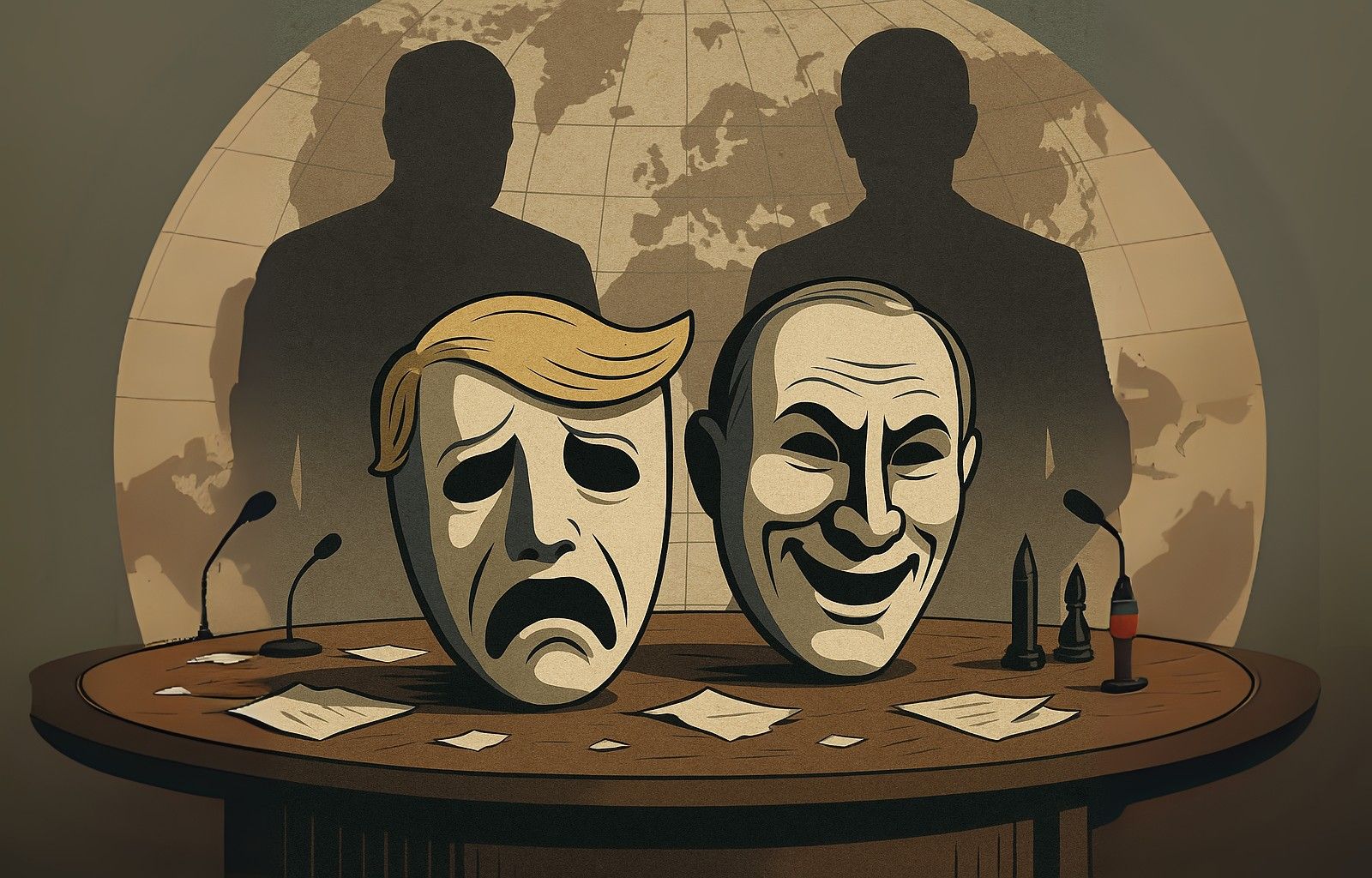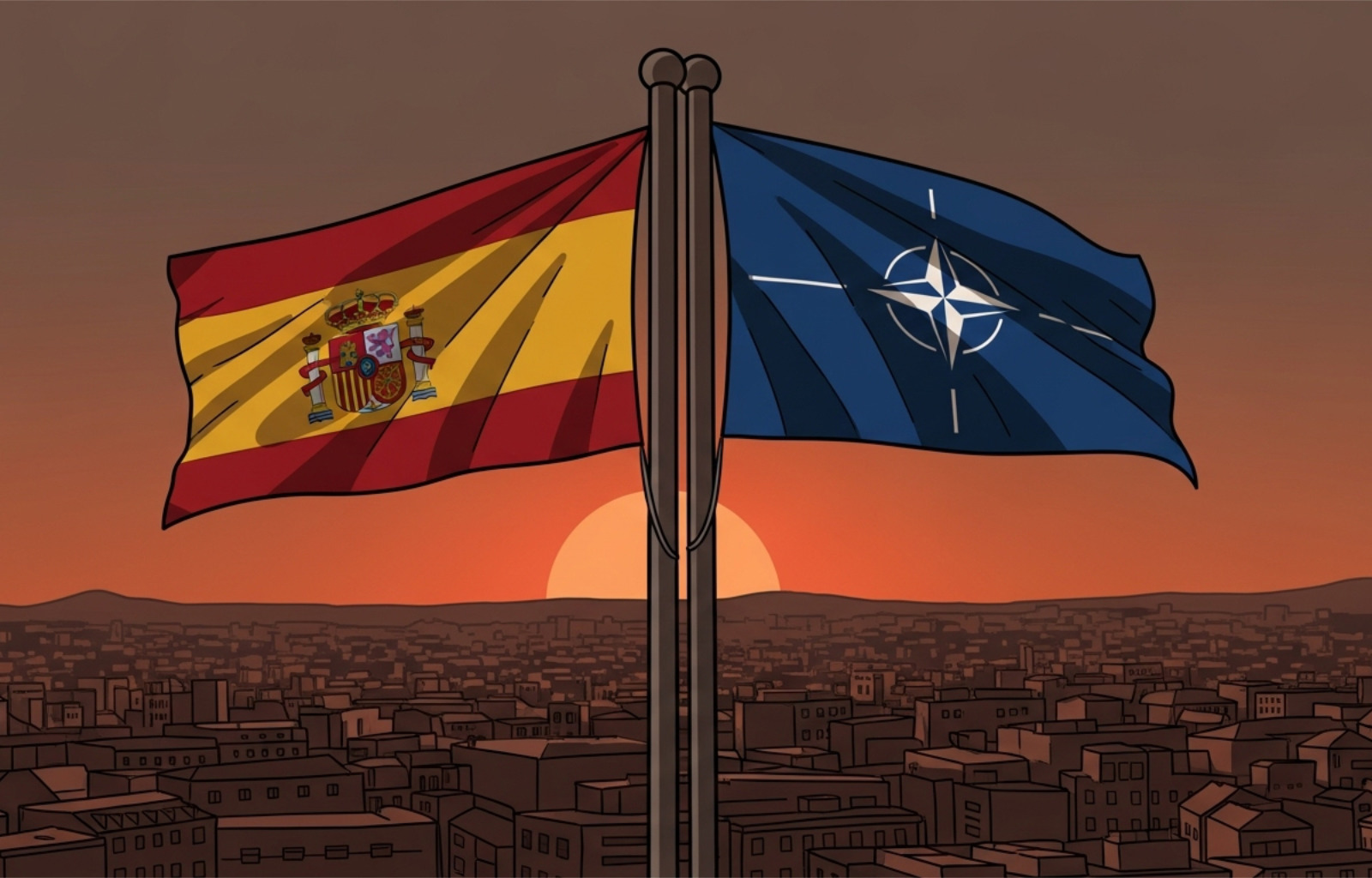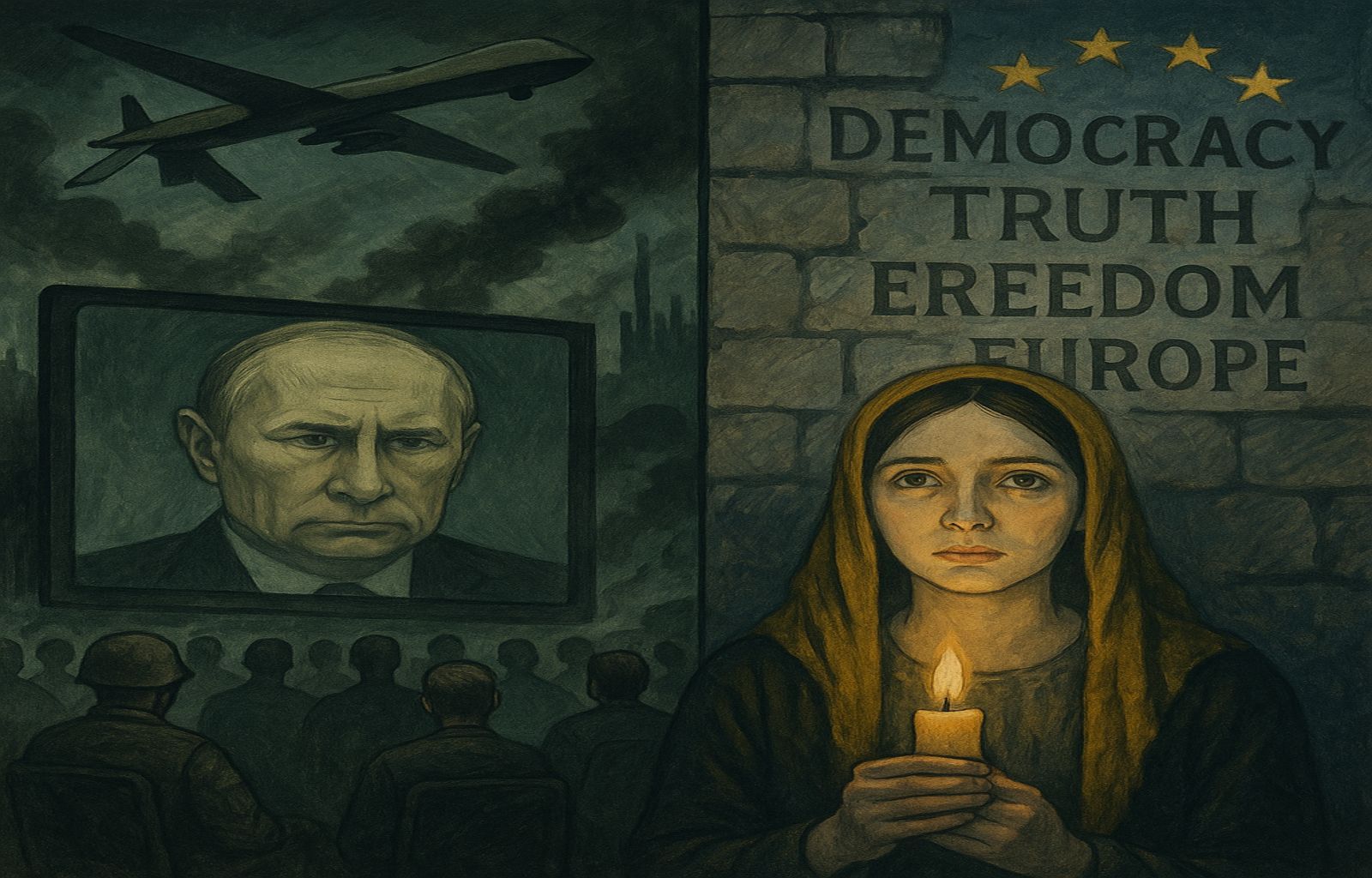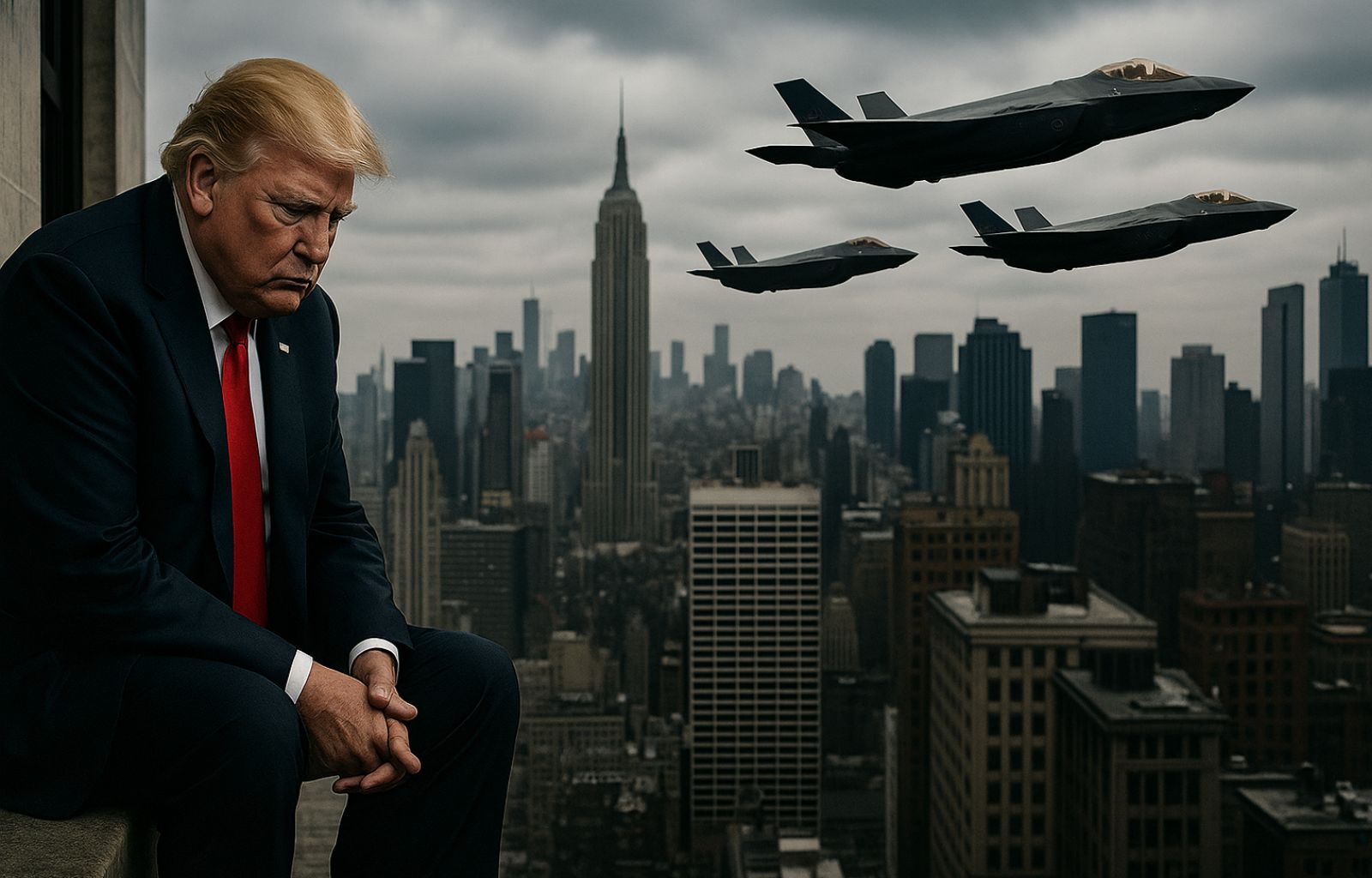Shooting in parliament: Abkhazia is in chaos

Shooting in Abkhazia’s parliament: murder and political tensions
In the capital Sokhumi, the separatist region of Abkhazia – occupied by Russia and recognised as part of Georgia by the majority of the world’s states – was the scene of a serious episode of political violence. Vakhtang Golandzia, an Abkhaz MP, was shot dead in the parliament building. Another MP was wounded in the arm, while the main suspect in the murder was Adgur Kharazia, another member of parliament.
According to the Telegram channel AMRA-life and quoted by the Moscow Times, tensions erupted during a heated debate on a bill to ban cryptocurrency mining in the region. Abkhazia, struggling with severe energy supply problems, has imposed rolling blackouts on the population. Cryptocurrency mining , which is extremely energy-intensive, has been identified as a critical factor aggravating the crisis. The energy issue is part of a context of economic and political instability exacerbated by Moscow’s decision in September to suspend funding to the region and force it to buy Russian energy at market prices.
Institutional crisis and Bzhania’s resignation
The murder is part of an already tense climate. Only a month ago, Abkhaz President Aslan Bzhania resigned following mass protests and the storming of government buildings. The demonstrations had broken out against a controversial investment agreement with Russia, feared by locals as a way to favour Russian oligarchs at the expense of Abkhazian interests. Pressure from the opposition forced Bzhania to renounce the agreement and later the presidency, declaring that he wanted to preserve ‘stability and constitutional order’.
In his place, Vice-President Badra Gunba became acting leader. An economist by training and with experience in the Russian administration, Gunba promised to ensure the functioning of the state and started consultations to set the date for the next presidential elections.
A region on the brink of collapse
The situation in Abkhazia reflects a broader crisis. The region, supported economically and militarily by Russia since 2008, is now grappling with the uncertainty generated by the conflict in Ukraine, which has diverted Moscow’s resources and attention. Despite the recognition of Abkhaz independence by Russia and a few other states, most of the international community considers Abkhazia an integral part of Georgia.
Abkhazia has a complex and troubled history. During the Soviet era, it was a favourite tourist destination for Moscow’s elite, but today it is marked by economic crises, internal political tensions and dependence on Russia. The recent episode of violence in parliament and the forced resignation of Bzhania represent another chapter of instability, aggravated by uncertainty over the region’s economic future.
The implications for Russia
As Russia faces the 1000th day of war against Ukraine, the crisis in Abkhazia becomes a further problem for President Vladimir Putin, who has to manage growing dissatisfaction in the regions under Russian control. Although Moscow has not directly intervened in the Abkhazian crisis, its economic decisions – such as the suspension of funding – have exacerbated local difficulties.
With the Abkhazian parliament now facing presidential elections, the political future of the region remains uncertain. Meanwhile, the violence within the institutions underlines the fragility of the system and the risks of further escalation.
An uncertain future
The road to stability in Abkhazia appears long and complicated. Between the energy crisis, political unrest and the weight of dependence on Russia, the region faces enormous challenges. The coming weeks will be decisive in determining whether Abkhazia will manage to find a balance or continue to slide into a spiral of instability.




